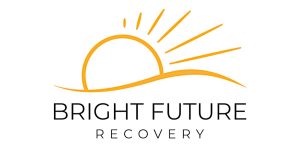Bright Future Recovery does not offer mental health treatment services relating to schizophrenia or other major trauma.
This article provides general information and discussions about substance abuse and mental health related subjects. The information and other content provided in this blog, website or in any linked materials are not intended and should not be considered, or used as a substitute for, medical advice, diagnosis or treatment. This blog does not constitute the practice of any medical, nursing or other professional health care advice, diagnosis or treatment. We cannot diagnose conditions, provide second opinions or make specific treatment recommendations through this blog or website.
If you or any other person has a mental health concern, you should consult with your health care provider or seek other professional medical treatment immediately. Never disregard professional medical advice or delay in seeking it because of something that you have read on this blog, website or in any linked materials.
PTSD and Substance Abuse
- Cheree Ashley
- Medically Reviewed
There is a strong link between post-traumatic stress disorder (PTSD) and substance abuse or drug and alcohol addiction. Many times, an individual will develop PTSD first, after suffering a traumatic event, and then go on to use drugs or alcohol to cope with the symptoms of the disorder. Fortunately, treatment is available for these co-occurring conditions. People can and do manage PTSD symptoms and substance abuse issues when they receive the right treatment and learn effective coping skills.
What is PTSD?
PTSD is a treatable psychiatric disorder that affects people who have experienced (or sometimes just witnessed) a traumatic event. It is a disorder that can affect anyone, no matter how strong or resilient they may be. It’s estimated that nearly 8 million people in the United States suffer from PTSD, and that about 7 or 8 out of 100 people will develop the disorder at some point in their lives.
Not everyone who experiences a traumatic event develops PTSD. In fact, about 70 percent of people experience at least one traumatic event in their lives, but only about 20 percent actually develop PTSD as a result.
Any event that a person finds traumatic can cause PTSD, regardless of how extreme the event is, or how long it lasts. It is not something that they can just “get over” when danger is no longer imminent. PTSD happens when someone’s brain and body physically react to a perceived threat; they go into “fight, flight, or freeze” mode instinctually. For many people, that physical reaction goes away when the danger is gone. For those with PTSD, that reactive feeling either doesn’t go away completely, or it is reactivated repeatedly – even when there is no threat.
The most common traumatic events that result in the development of PTSD are:
- Rape or sexual assault
- Military combat
- Natural disasters – hurricanes, earthquakes, tornadoes, floods
- Physical abuse – single event or ongoing
- Auto accidents
- Terrorist attacks
- Serious illness or death of a loved one
- Kidnapping
- Childhood neglect
Again, it can be any event that a person finds traumatic, so it may be something that is not on this list. It can also be something that is witnessed, not directly experienced by someone.
What is Substance Abuse?
Substance abuse is usually defined as the repeated harmful use of any substance, including drugs and alcohol. The danger of substance abuse is that it will lead to addiction. Addiction is a chronic, typically relapsing, disease of the brain that affects the brain’s pleasure center, leading to compulsive substance use and drug-seeking behaviors. Addicted individuals will continue to act out these behaviors even though they are suffering the negative consequences associated with addiction.
Drug and alcohol addiction is considered a brain disease because over time and abuse, the brain actually changes in function and structure. While the initial use of drugs or alcohol is an individual’s choice, over time, the changes that happen to the brain due to repeated use can actually impair an individual’s self-control and reduce the ability to make good decisions, while simultaneously creating an overwhelming impulse to take more drugs. Overcoming addiction typically requires professional intervention and long-term support throughout recovery.
Drug or alcohol addiction impacts nearly every aspect of a person’s life. Personal relationships, financial status, and careers are often the first aspects to suffer, and oftentimes, legal problems follow. Additionally, many people with drug or alcohol addictions suffer physical health problems, memory impairment, and ultimately, permanent disability.
The Connections between PTSD and Substance Abuse
Developing PTSD after experiencing a traumatic event increases the risk of an individual having substance abuse issues. It isn’t uncommon for these two conditions to go hand-in-hand. Many people with PTSD use drugs or alcohol as a means to numb feelings and reduce symptoms. It’s a way to self-medicate that many people turn to. In fact, up to 75 percent of people with PTSD also have a problem with drugs or alcohol, and women are more likely than men to drink or use drugs after experiencing trauma.
Sometimes people are unaware that they are using drugs or alcohol to cope with unresolved trauma. They may only remember parts of the trauma they experienced (or not remember at all), yet they are experiencing problematic patterns in their lives that they cannot seem to resolve. They may end up in drug rehab or another type of treatment, but they will likely get stuck in a cycle of repeated relapse until the unresolved trauma is addressed as well.
Treatment for Co-Occurring Disorders
Treatment for individuals who have been diagnosed with both PTSD and drug or alcohol addiction must integrate both disorders in the treatment plan. Just as the two conditions have become intertwined, treatment and recovery must be also. Treatment for co-occurring disorders is often more complicated than treating just one, however, there are many rehabilitation centers that are equipped and experienced in treating individuals suffering from two or more disorders. Finding the right treatment facility in California can lead to long-term, successful recovery.
Inpatient Treatment for PTSD and Substance Abuse
When someone suffers a traumatic event, the brain undergoes significant stress and physical changes. As a result, new advanced treatments have been developed for trauma treatment that incorporate somatic (body centered) practices. Treatment that is designed for PTSD and addiction often uses these practices alongside traditional California addiction treatment program. Essentially, that means that treatment is approached with the understanding that there is a history of trauma, recognizing the symptoms of trauma that are present in the individual, and developing a treatment plan that addresses the underlying issues of trauma.
There are numerous types of treatment that can be used for individuals with the co-occurring disorders of addiction and PTSD. Ultimately the goal is to recognize the extent of the trauma, identify triggers, and then establish coping skills to effectively deal with daily life. Some of the therapies associated with PTSD are:
- Eye movement desensitization and reprocessing (EMDR) therapy
- Experiential therapy
- Psychodrama therapy
- Breathwork therapy
- Brainspotting therapy
Covering the Cost of PTSD and Substance Abuse Treatment
Most people who seek treatment for the co-occurring disorders of PTSD and substance abuse use their health insurance to help with the cost. This type of treatment falls under the behavioral health benefits offered by health insurance policies. The exact amount or percentage of the cost that is covered varies depending on the specific insurance plan.
Individuals who don’t have health insurance can still seek treatment. There are many low-cost and even no-cost drug and alcohol treatment centers that also treat co-occurring disorders. There may be a wait to get into these types of treatment programs, but waiting is far better than not getting the help they need. Additionally, some treatment centers offer sliding scale fees, scholarships, or financial aid to help with costs.
The cost of treatment shouldn’t dissuade anyone from seeking help for substance abuse and PTSD.
Final Thoughts about PTSD and Substance Abuse
Treatment is available for you if you are suffering from PTSD and drug or alcohol abuse. There are very effective programs that will address both issues and help you get on the path to recovery. Don’t put off getting a treatment, find a rehab center that offers programs for co-occurring disorders and get the help you need before it’s too late.

When it comes to addiction treatment and recovery, Bright Future Recovery’s team delivers beyond expectation.







